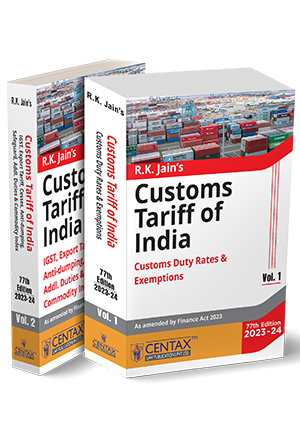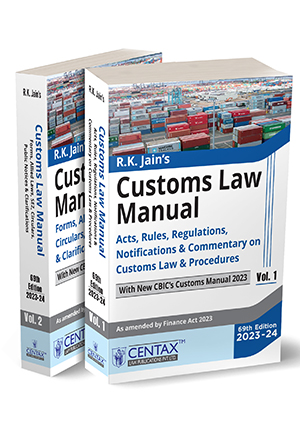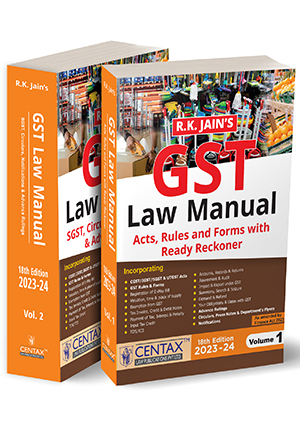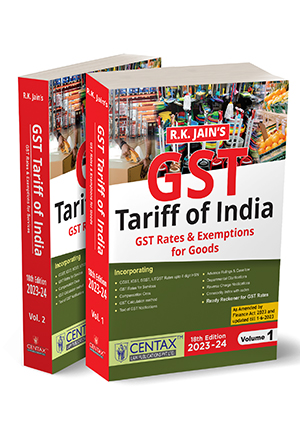Dept. allowed to block credit even if there is no positive credit in the electronic credit ledger when order passed under rule 86A: Allahabad HC
- Blog|News|GST & Customs|
- 2 Min Read
- By Taxmann
- |
- Last Updated on 5 August, 2021
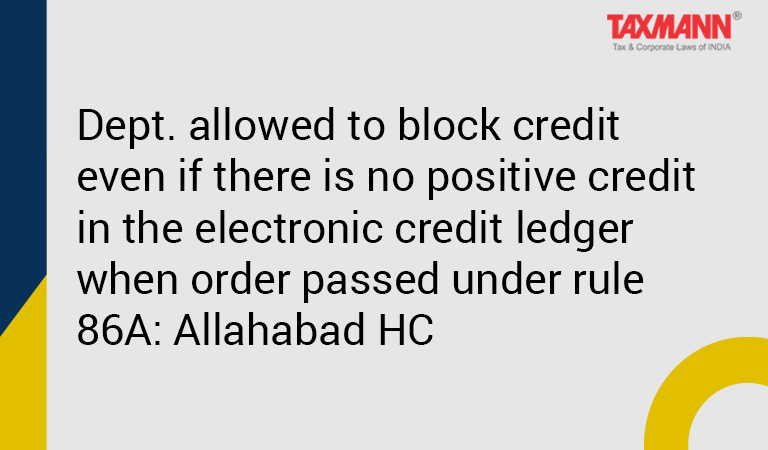
Case details: R.M. Dairy Products LLP v. State of Uttar Pradesh - [2021] 129 taxmann.com 37 (Allahabad)
Judiciary and Counsel Details
-
- Naheed ARA Moonis and Saumitra Dayal Singh, JJ.
- Nishant Mishra and Yashonidhi Shukla for the Petitioner.
Facts of the Case
The department blocked the credit of the petitioner and the petitioner filed writ petition challenging the blocking of credit. It submitted that had no jurisdiction or authority to block any input tax credit over and above any amount that may have been actually available on the date of the order. It was also submitted that input tax credit in dispute arose on account of the purchases made by the petitioner from one supplier and in respect of that supplier, adjudication proceedings were underway against the petitioner. Till those proceedings were concluded, no amount would become recoverable from the petitioner and, therefore, the order passed under Rule 86A of CGST Rules to block credit was wholly premature.
High Court Held
The Honorable High Court observed that the Rule does not contemplate any recovery of tax due from an assessee. It only provides, in certain situations and upon certain conditions being fulfilled, specified amount may be held back and be not allowed to be utilized by the assessee towards discharge of its liabilities on the outward tax or towards refund. It creates a lien without actual recovery being made or attempted. In the present case, the department alleged the fraudulent utilization of input tax credit since the supplier of petitioner was found to be non-existent at the disclosed place of business and their existed ‘reason to believe’ with the department that the petitioner had fraudulently availed credit.
Moreover, the rule only enables the authorized officer to not allow debit of an amount equivalent to ‘such credit’. To that effect, the legislature has chosen the words ‘not allow debit’. Thus, the provision of Rule 86-A is not a recovery provision but only a provision to secure the interest of revenue. Therefore, if there is no positive credit standing in the electronic credit ledger on the date of the order, passed under Rule 86-A, that order would be read to create a lien upto limit specified in the order passed as per Rule 86-A of the Rules. As and when the credit entries arise, the lien would attach to those credit entries up to the limit set by the order passed under Rule 86-A of the Rules. The debit entry recorded in the electronic credit ledger would be read accordingly and the petition would be dismissed.
Disclaimer: The content/information published on the website is only for general information of the user and shall not be construed as legal advice. While the Taxmann has exercised reasonable efforts to ensure the veracity of information/content published, Taxmann shall be under no liability in any manner whatsoever for incorrect information, if any.

Taxmann Publications has a dedicated in-house Research & Editorial Team. This team consists of a team of Chartered Accountants, Company Secretaries, and Lawyers. This team works under the guidance and supervision of editor-in-chief Mr Rakesh Bhargava.
The Research and Editorial Team is responsible for developing reliable and accurate content for the readers. The team follows the six-sigma approach to achieve the benchmark of zero error in its publications and research platforms. The team ensures that the following publication guidelines are thoroughly followed while developing the content:
- The statutory material is obtained only from the authorized and reliable sources
- All the latest developments in the judicial and legislative fields are covered
- Prepare the analytical write-ups on current, controversial, and important issues to help the readers to understand the concept and its implications
- Every content published by Taxmann is complete, accurate and lucid
- All evidence-based statements are supported with proper reference to Section, Circular No., Notification No. or citations
- The golden rules of grammar, style and consistency are thoroughly followed
- Font and size that’s easy to read and remain consistent across all imprint and digital publications are applied

